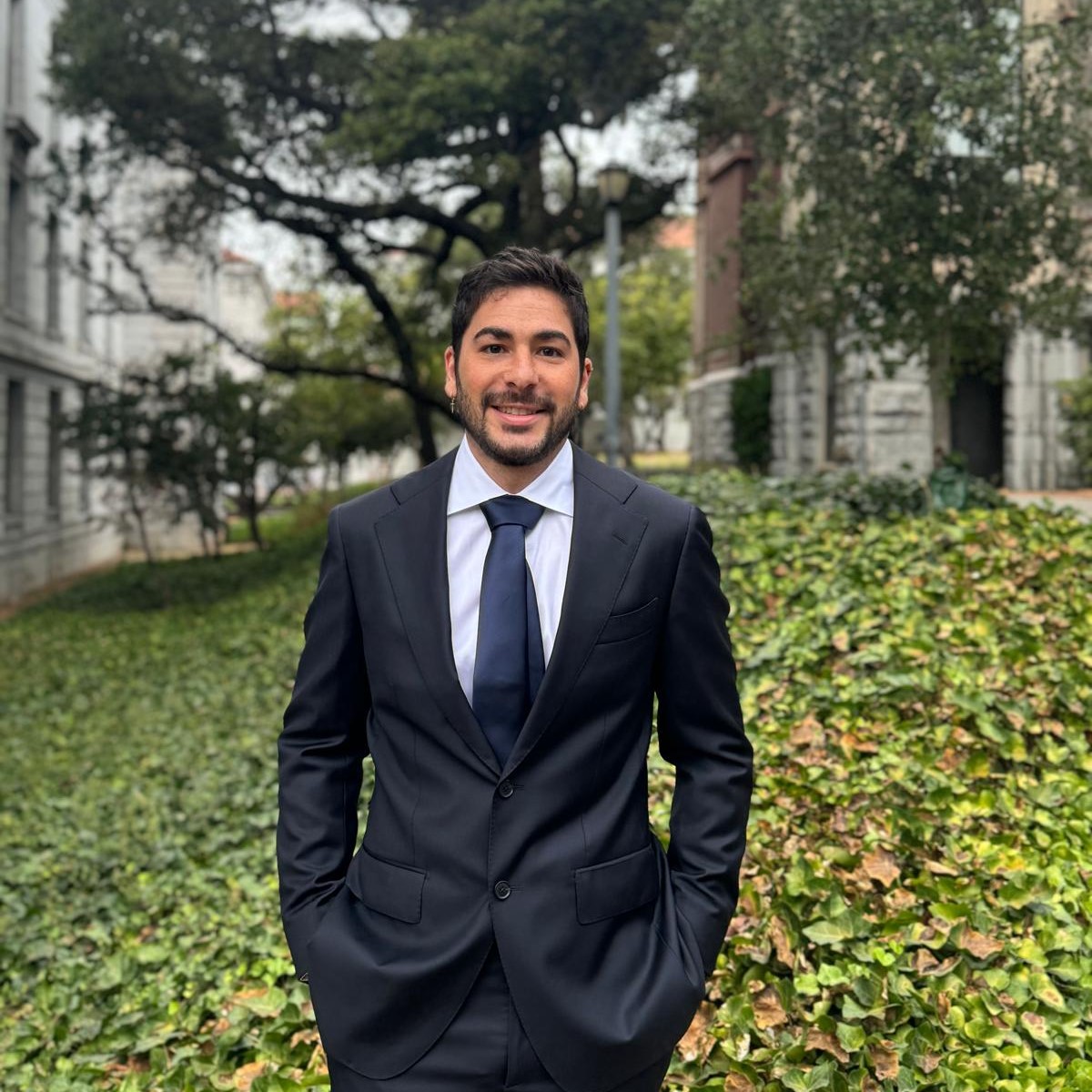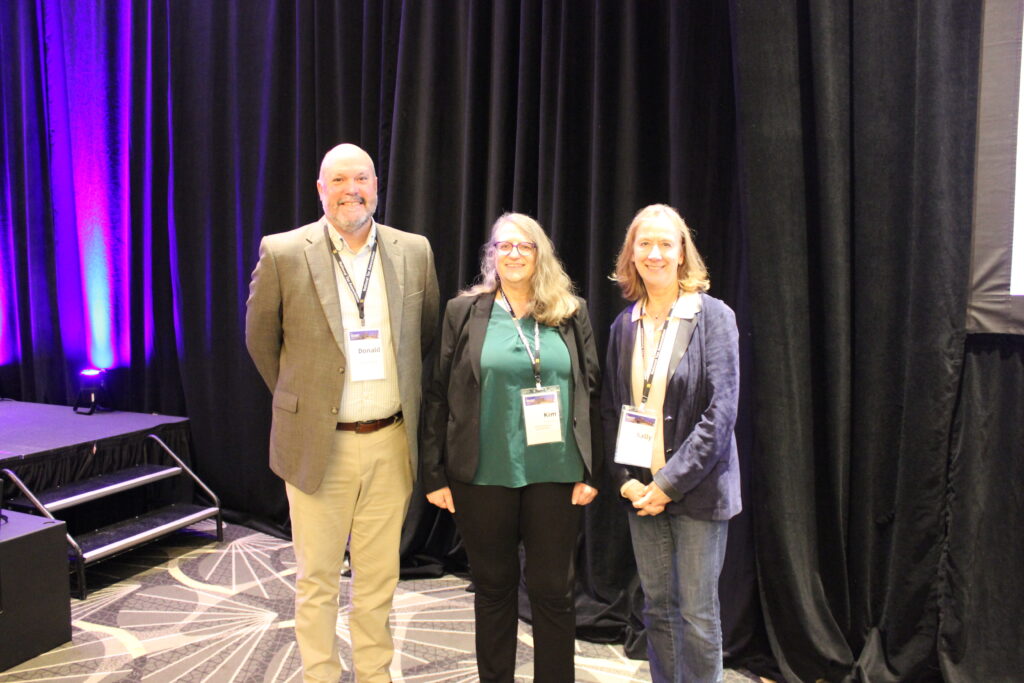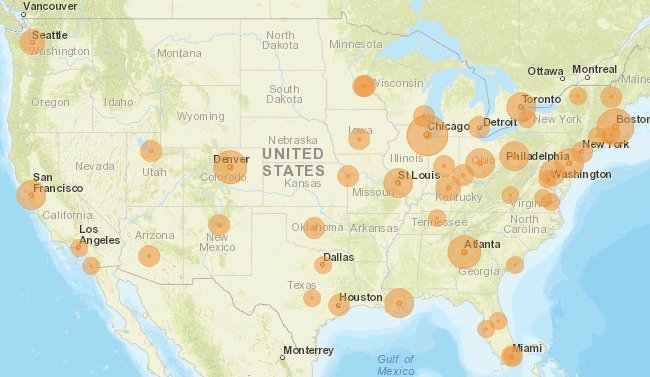
Javier Feinmann, has won the NTA’s Outstanding Dissertation Prize for 2025. He will accept the award at the 118th NTA Annual Conference, on November 6–8, 2025 in Boston, MA.
Javier Feinmann is a Postdoctoral Research Fellow at the Paris School of Economics. His research focuses on taxation, inequality, and education in developing countries. Methodologically, he combines original survey design, analysis of large administrative datasets, and field experiments.
Javier received his Ph.D. in Economics from the University of California, Berkeley. In his dissertation, “Essays on Tax Evasion and Inequality,” he uses a novel employee survey to uncover a collusive form of tax evasion between employers and workers. He shows that, despite third-party reporting and withholding, roughly one quarter of formal employees receive part of their wages under the table, with higher-wage workers evading relatively more. Leveraging quasi-experimental variation and rich administrative data, he studies how both employers and employees respond to changes in collusion incentives.
The second chapter examines the role of cash in illegal labor-market practices, leveraging a reform in Uruguay that banned cash wage payments. Together with Maximiliano Lauletta and Marcelo Bergolo, he shows that reducing the use of cash increases tax compliance among formal firms but also shifts some economic activity into full informality. The third chapter, coauthored with Roberto Hsu, studies how access to high-quality, public, tuition-free colleges shapes social mobility, with implications for the progressivity of public expenditure and for the role of affirmative action in closing existing gaps.
His current research includes several collaborations with tax authorities across Latin America. In the Dominican Republic, he is running a nationwide field experiment with formal firms that provides information on employees’ labor rights to curb “payments under the table.” He also works closely with the Brazilian tax authority on projects about presumptive taxation, income shifting, and other determinants of effective tax rates and inequality.
![National Tax Association [ National Tax Association ]](https://ntanet.org/wp-content/themes/nta-custom/library/images/nta-whitebg-web-top.svg)


![National Tax Association [ NTA ]](https://ntanet.org/wp-content/themes/nta-custom/library/images/nta-white-logo.svg)